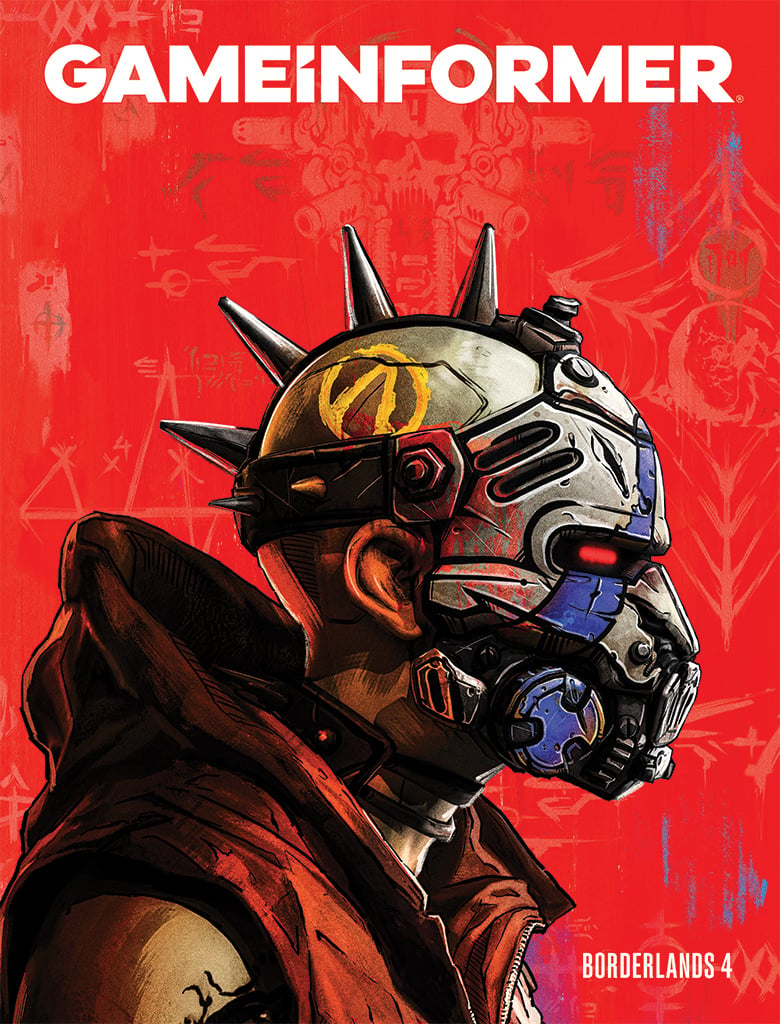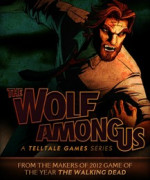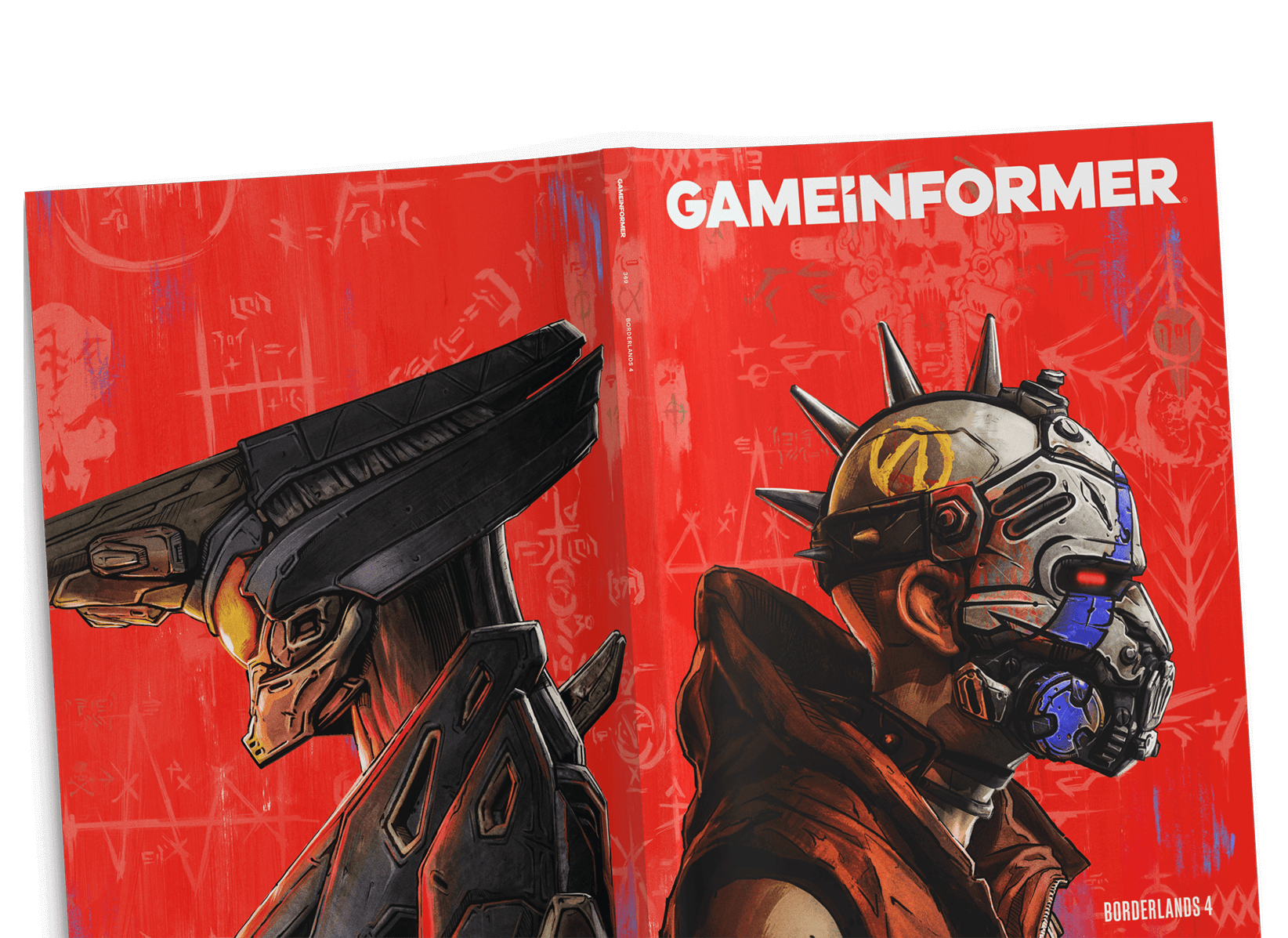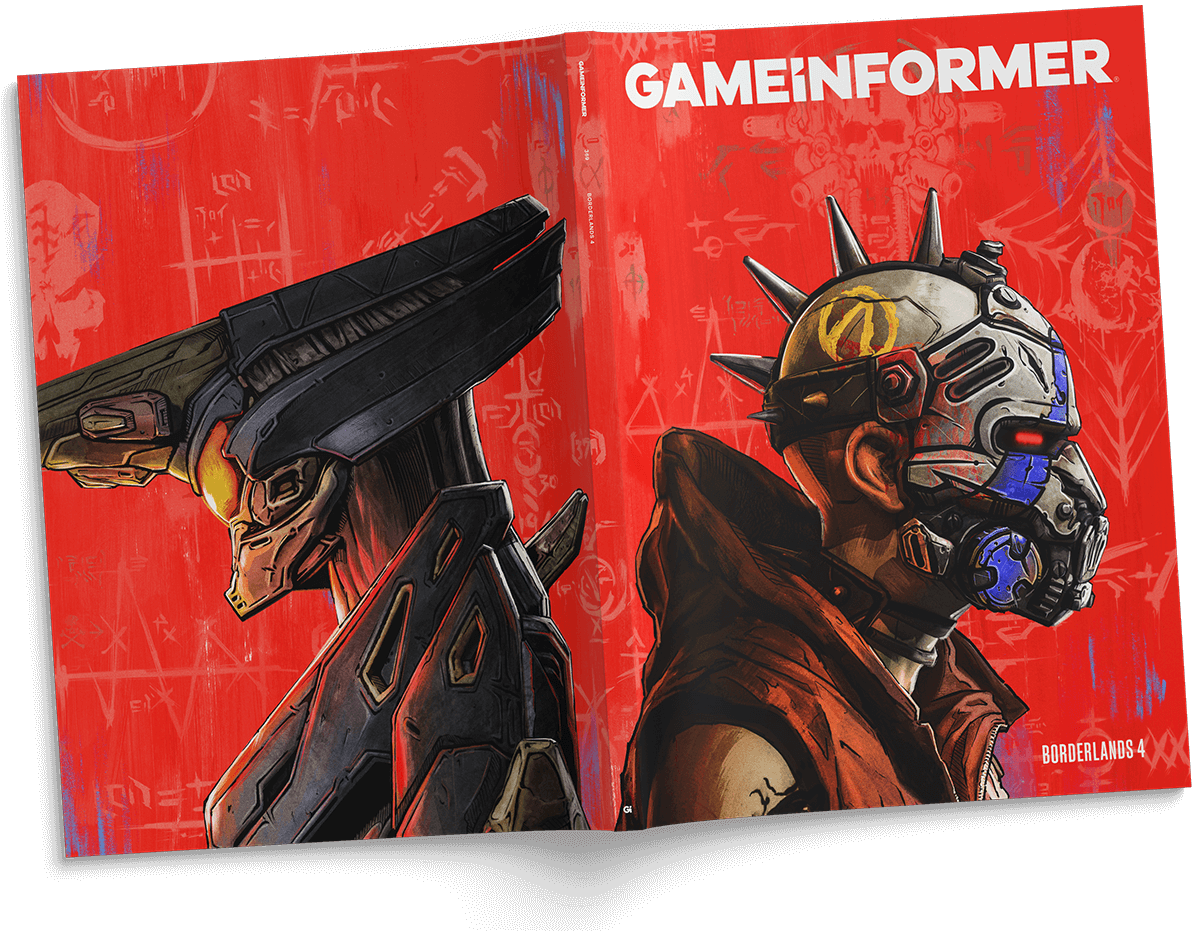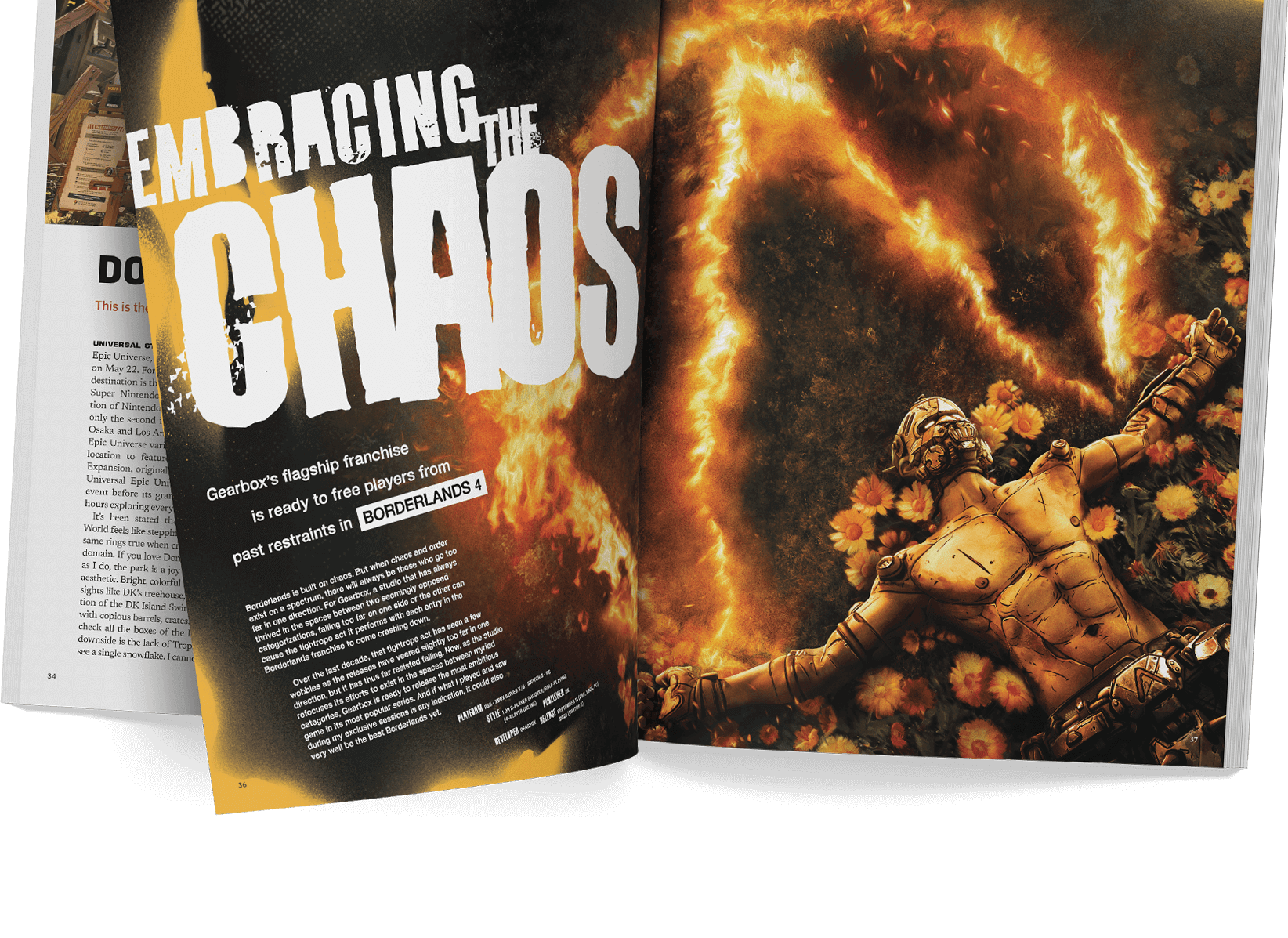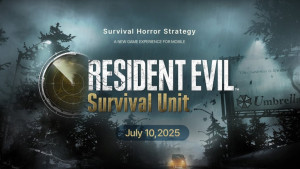The Wolf Among Us: Episode 1 – Faith Review Review

Faith, the debut episode of Telltale's The Wolf Among Us, has a primary theme running through it: "Expect the unexpected." That's appropriate considering that Bill Willingham's Fables - the world on which The Wolf Among Us is based - is all about taking everything you think you know about fairy tales and twisting it.
In Fabletown, a secret community in New York where famed characters conceal their true identities with magic, nothing is as it seems and everyone has something to hide. Expect alcohol-indulging flying monkeys and former heroes fallen from grace. The dark interpretations of these fairy tales are gripping and Telltale never forgets that hook. Plenty of merciless fights, foul language, and unfortunate circumstances unfold in the first episode when a fellow Fable turns up brutally murdered. As sheriff Bigby (a.k.a. the Big Bad Wolf), you must solve the case with the strong-willed Snow (White) along for the ride. The two have blazing chemistry, to say the least.
The tale isn't happy, but it is intriguing due to its multi-dimensional, outrageous personalities. Characters got under my skin so much that I thought they could never redeem themselves, but then a new insight would surface and I'd second-guess why I hated them in the first place. I watched the Woodsman fight with the murder victim right before her death, calling her every vulgar name in the book. But when he later found out about her death he showed significant emotion, even toward Bigby, their long feud notwithstanding.
Fable's biggest lure is controlling Bigby. For a lead character, Bigby is as great as they come. He has plenty of swagger, but he also faces an interesting problem: trying to prove he's past his big bad ways. How do you convince people to trust you when at one point you tried to eat them? Do you give up and use force, or try to show these Fables a softer side of Bigby? That's a decision that Telltale allows you to make throughout.
The choices don't just extend to dialogue. Telltale takes consequences a step beyond its efforts with The Walking Dead by forcing you decide between equally important crises. Telltale places important emphasis on these, even stopping the action completely and letting you think before you make your choice. It allows you to really consider the decision you're about to make and weigh the positives and negatives. For instance, I had to decide between two different places to visit. One had Toad, who called to say he was in trouble; the other place had hot evidence regarding the murder. Consequences come no matter what decision you make. In another event, two suspects fled in opposite directions, and I had to decide who was more important to the murder investigation: The thug who was snooping around the investigation, or the Woodsman, who was last seen with the victim. These big choices are the shining moments of the episode. The decisions not only make events unfold differently, but make you second-guess and wonder about the outcome of the other, encouraging multiple playthroughs.
The fights are bigger, faster, and rougher than previous Telltale projects. The controls mirror The Walking Dead, with the face and directional buttons driving quick-time events. While the controls feel responsive and forgiving, the action unfolds quickly, giving you little time to react. You must dodge objects thrown at you, and at certain points the game gives you options to pick up your own, like a bottle or pool stick, for vicious and satisfying hits.
When you're not fighting, you're investigating. This involves researching the dead Fable using the magic mirror, tracking down suspects, and examining various locations. Telltale struggled with making the point-and-click portions engaging in The Waking Dead, but it's improved here. Examining objects often allows you to catch characters in lies, giving you a reason to explore. My only gripe is that investigation feels overly linear. Not much is hidden, and it turns into a click-every-possible-object to advance plot. At least I was intrigued enough to piece together the clues.
While the gameplay is still second-rate compared to the story, Faith succeeds most because of its unpredictability. Even longtime Fables fans will be shocked by some of the revelations. I read the Fables comics - which aren't required for this prequel - and was still blindsided. The episode ends perfectly, leaving plenty of intrigue on the table to bring you back. I've been agonizing ever since, trying to figure out exactly what Telltale is planning after this standout opener.
